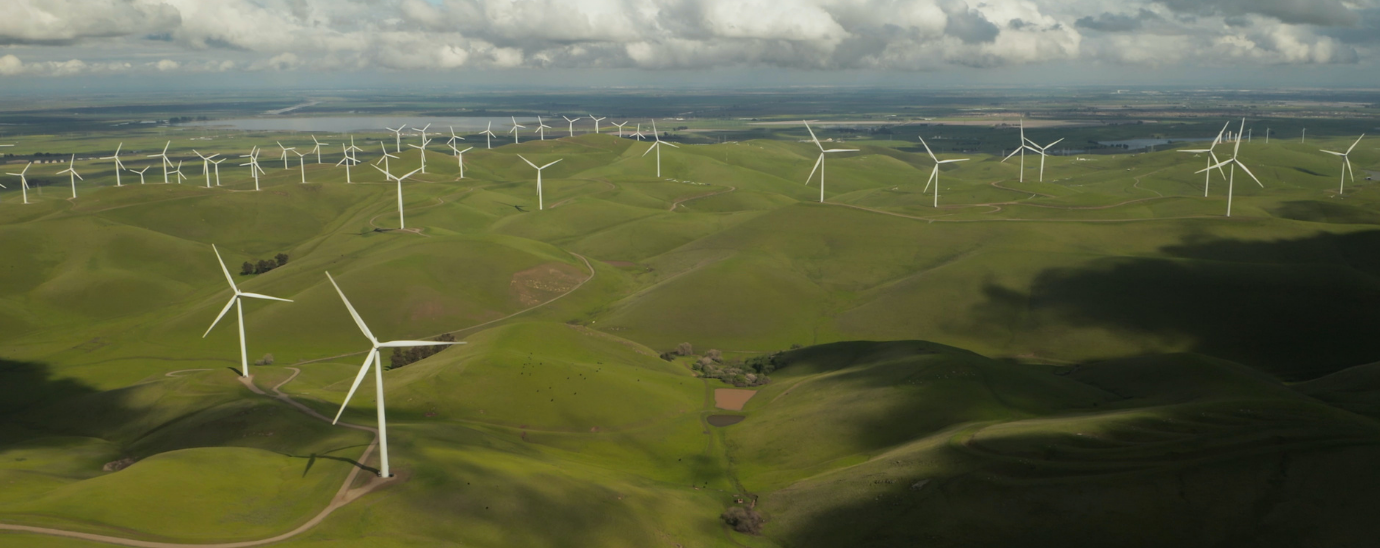The future of carbon credits and carbon offsets

We look at the future of carbon credits and carbon offsets and what it can do for business
Contributing to the UK’s net zero goals is becoming important for businesses. One way that this can be done is by using carbon credits or carbon offsets. Carbon credits and offsets are a relatively new concept, making it important to understand what these projects can do for a business and how they contribute to the environment.
What are they and what can they do?
The Corporate Finance Institute has described carbon credits as a tradable permit or certificate that provides the holder of the credit the right to emit one ton of carbon dioxide or an equivalent of another greenhouse gas – it’s essentially an offset for producers of such gases. The main goal for the creation of carbon credits is the reduction of emissions of carbon dioxide and other greenhouse gases from industrial activities to reduce the effects of global warming.
Britannica has described carbon offset as any activity that compensates for the emission of carbon dioxide or other greenhouse gases (measured in carbon dioxide equivalents) by providing for an emission reduction elsewhere. Because greenhouse gases are widespread in Earth’s atmosphere, the climate benefits from emission reductions regardless of where such cutbacks occur. If carbon reductions are equivalent to the total carbon footprint of an activity, then the activity is said to be “carbon neutral.” Carbon offsets can then be bought, sold, or traded as part of the carbon market.
In a nutshell, the difference between the two is that carbon credits give permission to emit a specific amount of carbon, while carbon offsets represent the production of a certain amount of sustainable energy to offset the use of fossil fuels.
With carbon emissions rising rapidly and the need to reach net zero emissions increasing, the use of carbon offsetting and credits is becoming important tools for businesses to use in the battle against climate change and global warming. Carbon offsetting can benefit companies by helping various environmental projects that can’t secure funding on their own, and it gives big and small businesses opportunities to reduce their carbon footprint.
For companies that work in industries that does not have low-carbon options, carbon offsets can help to make up for the emissions they can’t eliminate themselves. Many businesses use carbon offsets to claim that their business is either “carbon neutral” or even “carbon negative”. This process also provides businesses with a structure where they can track their carbon footprint and can act quickly when they see that their carbon output is higher then usual.
Carbon credits is a simple and certain way that businesses can have a greater impact on their emissions. By purchasing these credits, businesses are reducing their carbon emissions while also supporting vulnerable communities around the world by improving healthcare, providing new jobs, etc. Using carbon credits, emissions become an internal cost of doing business and are therefore included on the businesses balance sheet alongside raw materials and other obligations or assets.
Choosing the right project?
Once a specific project is seen as successful, it is a lot easier for businesses to invest in it and provide more funding. However, carbon offsets and carbon credits remain controversial and have been criticized as an easy way out for wealthy companies to buy their way out.
If we can give one piece of advice in this article, it’s the importance of researching the projects. Within carbon credits and carbon offsets, there have been instances where the money doesn’t go to where it’s promised, or where the investment gets destroyed a few years afterwards, such as forests being cutdown after companies have invested in growing them. When choosing a project, ask for proof of the impact that they can achieve through public ledgers. Through these ledgers a business should be able to see all their carbon credits purchased and what has been done to offset them.
Companies such as Treepoints only fund carbon offset projects that meet the highest independent verification standards, including the Gold Standard and the Verified Carbon Standard. To be certified by one of these standards, the projects have to show evidence of their ongoing impact, which is monitored closely.
While researching the project to buy into, also check if it is registered as a 501(c) non-profit organization, as it may be tax-deductible. This means that a business can reduce its impact on the environment while easing the tax burden at the same time.
READ MORE
- What incentives are there for businesses to go solar in 2022?
- Will technology save humanity from climate change?
- Reduce, reuse, remanufacture: becoming a sustainable business
- E.ON creates Amazon Alexa skill to help make UK homes more sustainable
So as a company, why buy now?
With the race to net zero rapidly increasing, by acting now, there is a better chance that a business can contribute to the slowing down of climate change, drive clean energy transitions and the local communities becoming more resilient to it’s impacts. By acting early, a business will be seen as a leader and other businesses will follow suit. Currently the prices are relatively low, but this will most probably change very soon.
Gold Standard has suggested that with the Paris Agreement coming into force and greater pressure on companies to take accountability for climate impacts, new buyers are entering the market every day. Expanding coverage of carbon pricing programs around the world plus increasing awareness of the value-add in terms of sustainable development mean that prices won’t stay at these record lows.
For more news from Top Business Tech, don’t forget to subscribe to our daily bulletin!
